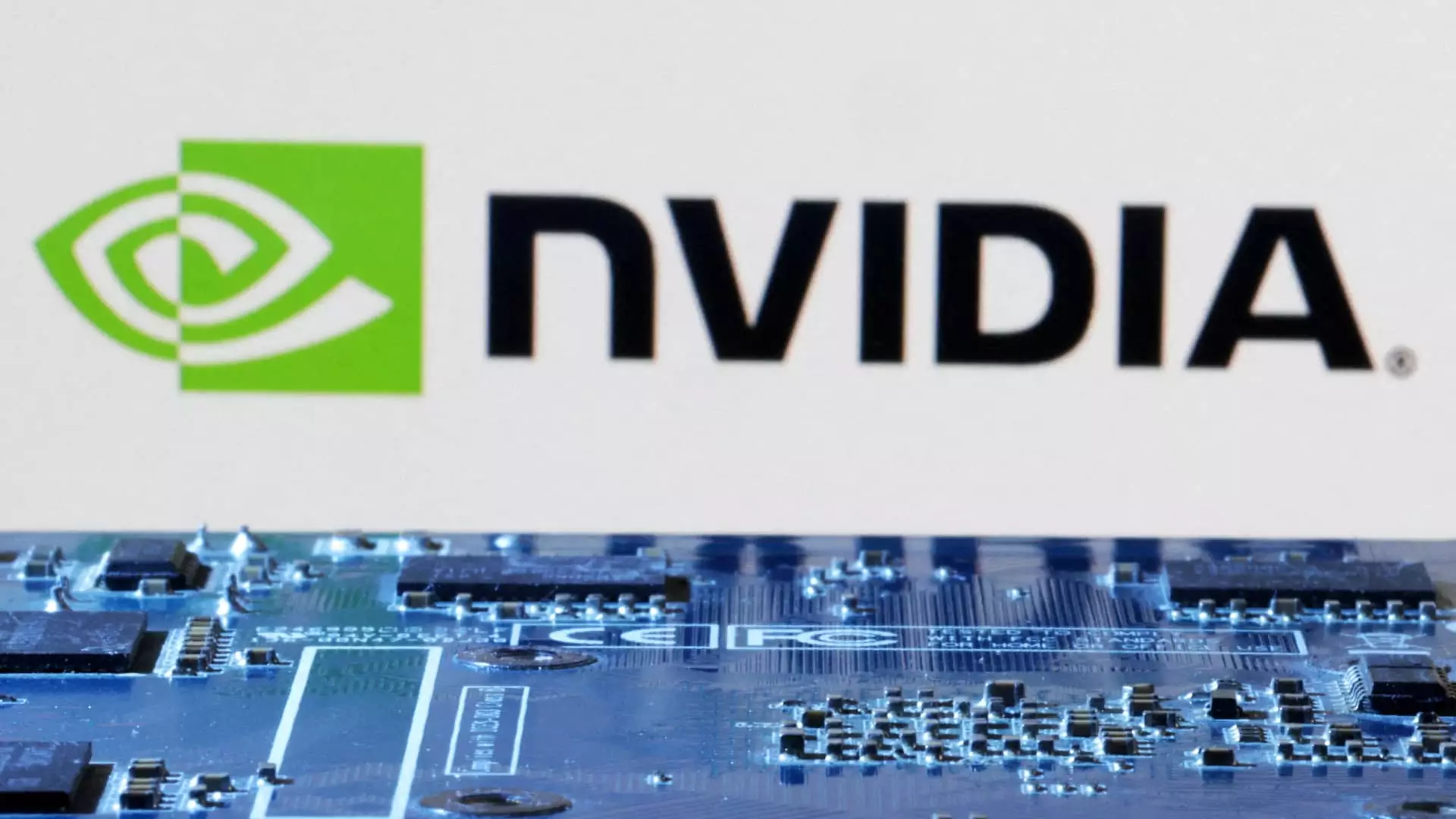The landscape of Wall Street is constantly in flux, where investment firms and analysts continuously evaluate companies based on a multitude of factors, including market conditions, financial health, and sector performance. Recently, several notable calls have emerged that highlight the shifting sentiments surrounding major players in the semiconductor, retail, cybersecurity, and technology sectors. This article analyzes the key trends and recommendations resulting from these evaluations.
The semiconductor industry is currently experiencing heightened interest among analysts, with firms like Loop and Redburn Atlantic Equities initiating buys on key players such as NXP Semiconductor and Nvidia, respectively. Loop’s optimistic outlook on NXP Semiconductor suggests that they view the company’s connections to automotive production as fundamentally strong, despite a prevailing trend of short-selling among investors. The firm has set a price target of $300, indicating a bullish sentiment towards the company’s future performance, particularly as automotive manufacturers reduce their inventory levels.
Simultaneously, Redburn’s introduction of Nvidia to their buy list underscores the company’s formidable position in the market. With its extensive base of high-parallelism processors and a strong suite of developer software, Nvidia is seen as having a significant competitive edge. This alignment in recommendations signals a trend that may push semiconductor stocks into favorable positions leading into the upcoming fiscal periods.
The retail sector presents a mixed bag of evaluations, with Morgan Stanley taking an optimistic stance on Walmart’s potential growth in diverse markets, increasing its price target to $89. The firm identifies Walmart’s penetration of high-income demographics and its robust online presence as critical growth drivers. This recommendation reflects broader industry trends where traditional retailers are adapting to the digital age and turning to high-margin advertising and marketplaces for additional revenue streams.
In contrast, Citi’s recent downgrade of Ross Stores to neutral indicates rising apprehensions regarding the off-price retail environment, compounded by management transitions that inject uncertainty into the company’s future. This divergence within the retail sector highlights the critical importance of management stability, strategic positioning, and market adaptability in determining the viability of retail stocks.
The technology sector remains a focal point for investment firms, as seen in Mizuho’s reiterated buy on Nvidia and Bank of America’s sustained recommendation for Apple. Mizuho has expressed confidence in Nvidia’s continuing success driven by AI innovations which are anticipated to manifest in strong earnings. This focus on the AI growth narrative indicates a broader recognition of how technological advancements can serve as pivotal growth catalysts in the market.
Bank of America’s endorsement of Apple stems from its ongoing expansion in both hardware and service sectors, with predictions of revenue increases in its Mac line. This signifies market confidence in Apple’s ability to innovate and leverage its ecosystem for sustained growth, which appeals to long-term investors amid volatile tech valuations.
In the cybersecurity sphere, Deutsche Bank’s upgrade of SentinelOne brings to light significant momentum within the sector. The firm sees SentinelOne as benefiting from current market dynamics and disruptions, suggesting a growing recognition of the importance of cybersecurity advancements in a digital-first economy. MoffettNathanson’s appreciation of Meta and Alphabet as underappreciated stocks also underscores the ongoing potential for growth in the tech realm, reflecting strong fundamentals that may not yet be fully recognized in the current market.
On the logistical front, Citi’s upgrade of C.H. Robinson to buy demonstrates an alignment toward value and performance metrics that have become increasingly desirable amid rising critical logistical demands. The firm argues that in a landscape grappling with inflated valuations, finding value plays like C.H. Robinson could yield fruitful investments moving forward.
The fluctuating dynamics of Wall Street reveal a spectrum of sentiments ranging from bullishness to caution, influenced largely by broader economic indicators, sector-specific trends, and evolving consumer demands. As firms navigate these complexities, recommendations serve not only as investment strategies but also as reflections of an intrinsic understanding of market forces at play. Investors would do well to remain attentive to these insights, leveraging recommendations while also conducting their own analyses tailored to their financial goals and risk appetites. The coming months will be crucial, as the interplay between optimism and caution shapes the trajectories of the companies in focus.

